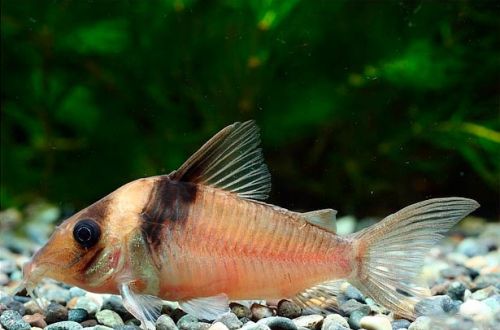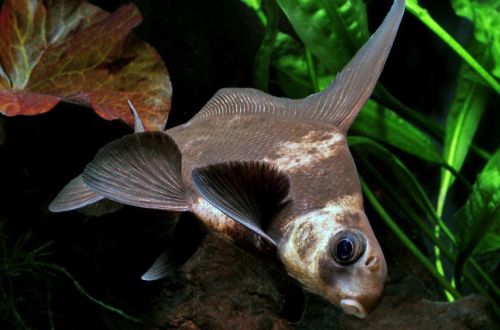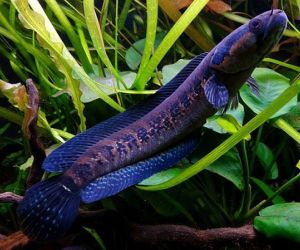
piranha
The Piranha family, scientific name Serrasalmidae, has more than 90 species. They are found naturally in the tropical latitudes of South America. They inhabit almost all major river systems of the continent, including the vast Amazon basin.
Among the representatives of this family in home aquariums, three groups are best known: Piranhas, Pacu and Fish-dollars.
All species have common morphological features – a large, high and laterally compressed body resembling a disk or oval. The head is large with a massive jaw. However, this is where the similarity ends. Depending on their affiliation, fish differ in their behavior and diet.
Contents
piranhas
They are among the most famous fish, whose popularity goes far beyond the aquarium hobby. They are considered to be aggressive bloodthirsty predators attacking their prey in large flocks. To some extent, these characteristics are true.
In nature, piranhas do live in flocks, but they do not experience much friendliness towards each other. In the confined spaces of aquariums, weak individuals will inevitably become the object of persecution. For objective reasons, compatibility with other species is very limited.
The content is quite difficult due to the need to provide a specific diet and at the same time maintain high water quality.
white piranha
White piranha or Brandt’s Piranha, scientific name Serrasalmus brandtii
Pennant piranha
Pennant piranha, scientific name Catoprion mento
red-bellied piranha
Red-bellied piranha, scientific name Pygocentrus nattereri
Common piranha
Common Piranha or San Francisco Piranha, scientific name Pygocentrus piraya
Black Piranha
Pennant piranha, scientific name Catoprion mento
red-bellied piranha
Diamond-shaped or Black Piranha, also known as Red-eyed Piranha, scientific name Serrasalmus rhombeus
Paku
The direct opposite of piranhas are peaceful calm fish that prefer plant foods. Most of the species are of impressive size, so they are rarely found in aquariums. They get along well with relatives and other species (not too small). They can live alone or in a group. The difficulty in maintenance is primarily due to the need to purchase and then maintain a large tank.
red-bellied pacu
Red-bellied Pacu, scientific name Piaractus brachypomus
Paku-sheep
Aknodon Norman or Paku-sheep, scientific name Acnodon normani
Black Pacu
Black Pacu or Tambaki, scientific name Colossoma macropomum
Dollar fish
The name of this group of fish is a literal translation from English – “Silver dollar”. It is under this name that they are known in Europe and America. A similar analogy appeared in the USA. The fry, due to their rounded flattened body shape, resemble a $1 coin made of silver.
Representatives of this group are peaceful, prefer to be in a flock. Compatible with most species of comparable size. The basis of the diet is food with a high content of plant components, the lack of which can damage aquarium plants. With some experience, the content is relatively simple.
Metinnis Lippincotta
Metinnis Lippincott, scientific name Metynnis lippincottianus
Metinnis vulgaris
Metynnis ordinary, scientific name Metynnis hypsauchen
Metinnis spotted
Metynnis spotted, scientific name Metynnis maculatus
Mileus Schomburgka
Mileus Schomburgka or Mileus tape, scientific name Myloplus schomburgkii
Mileus-luna
Mileus-moon or Mileus redfin, scientific name Myloplus rubripinnis
Mylossoma keelbelly
Mylossoma keelbelly, scientific name Mylossoma duriventre
silver Dollar
Silver dollar or Silver methinnis, scientific name Metynnis argenteus





